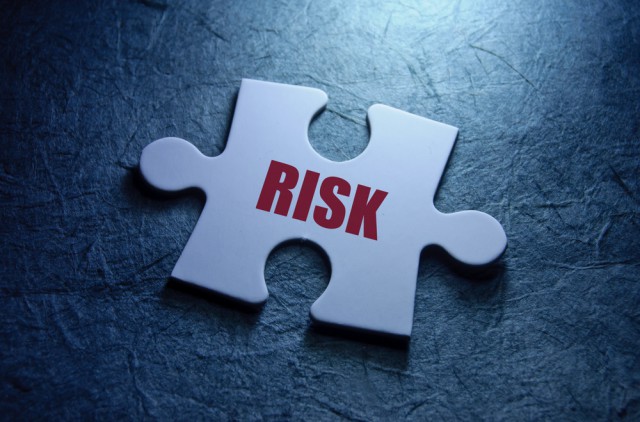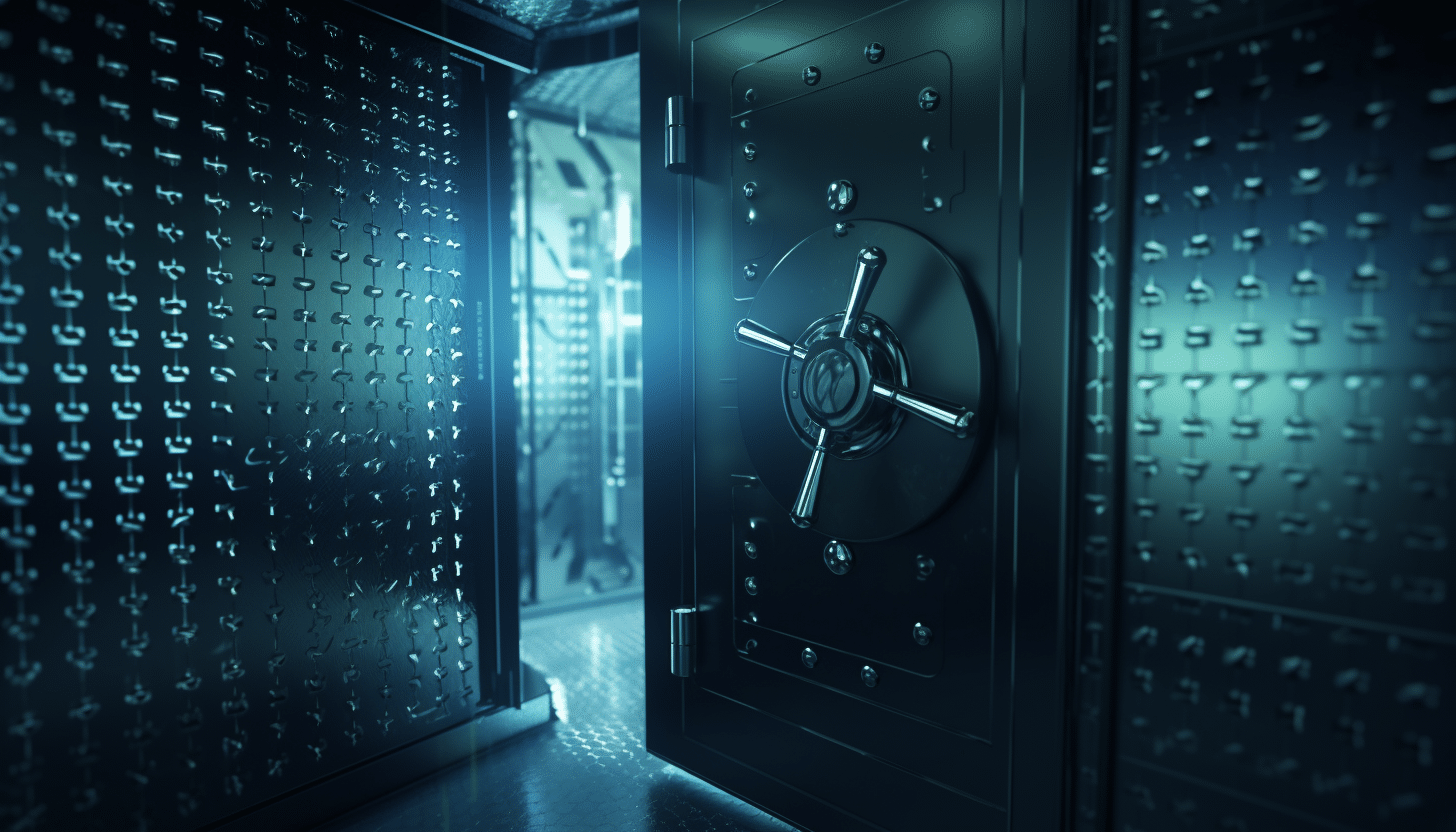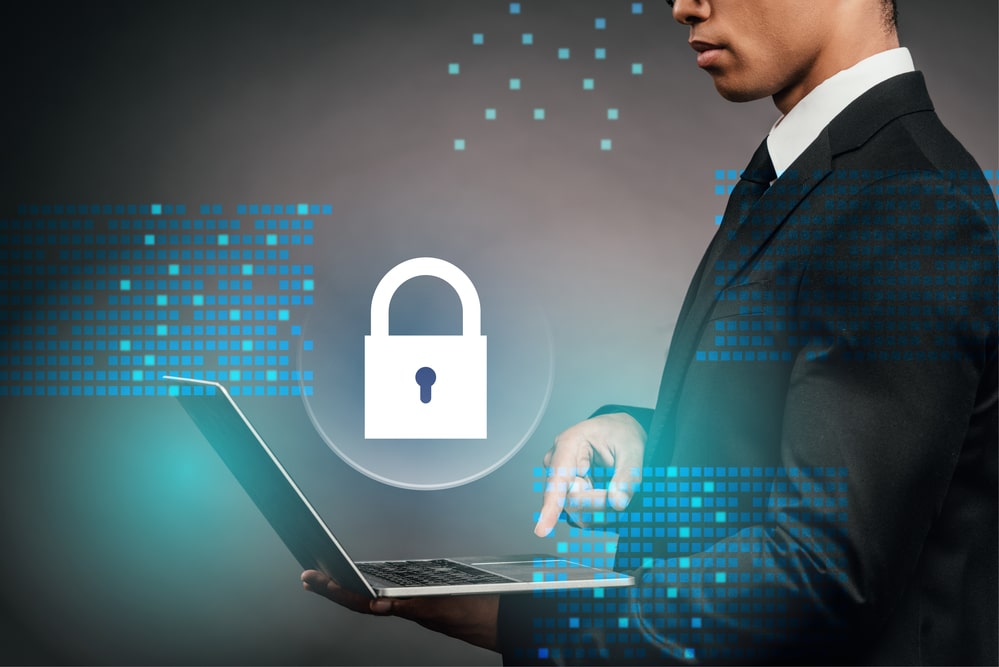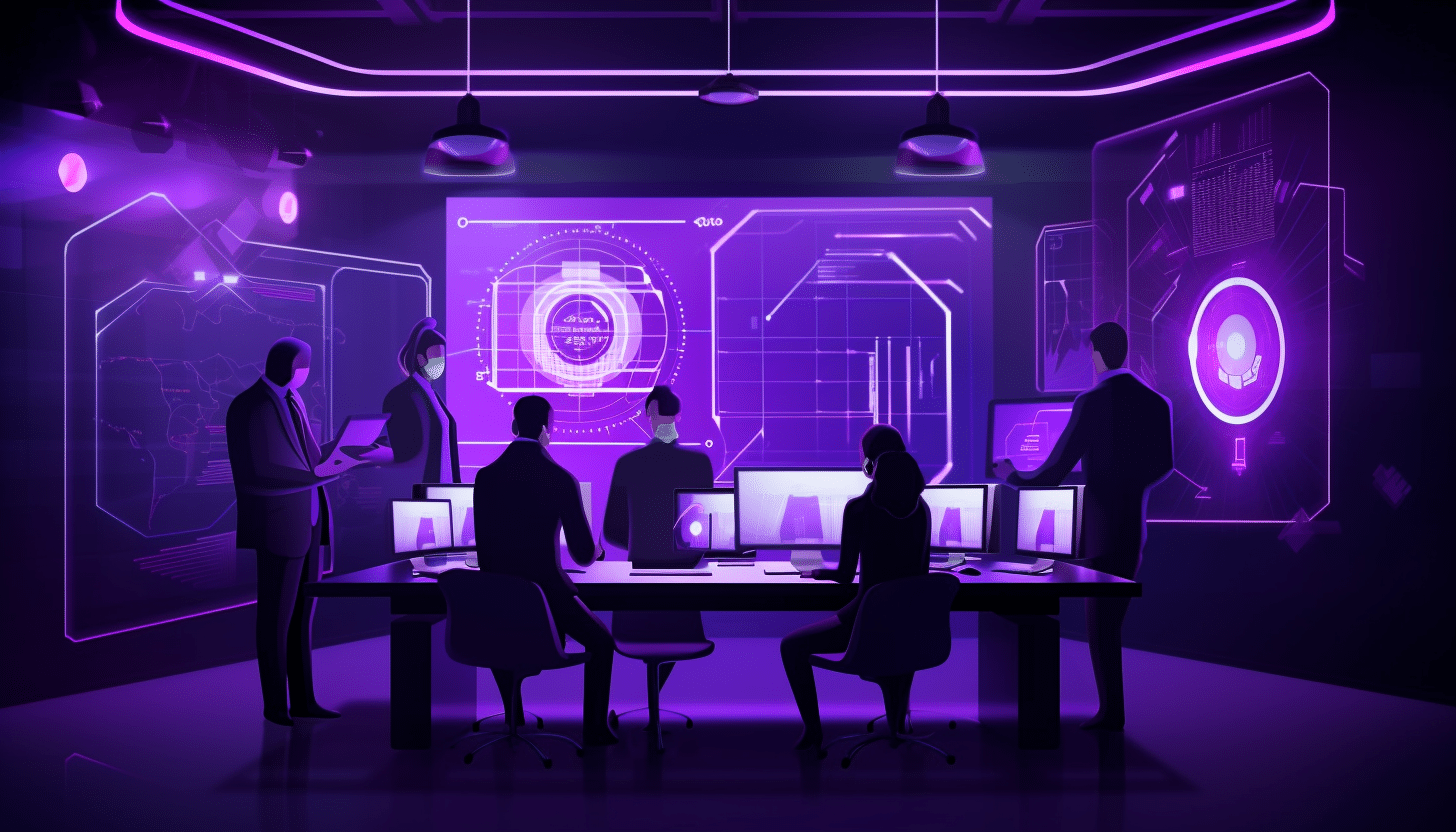
Multiple-threat ransomware attacks become more common
It used to be the case that all you had to worry about with ransomware was encrypted data, but the latest Cyberthreat Defense Report (CDR) from CyberEdge Group reveals that last year 78 percent of ransomware victims faced the consequences of one, two or three additional threats unless they paid the ransom.
Additional threats include launching distributed denial of service (DDoS) attacks (42 percent), notifying customers or the media of the data breach (42 percent), and publicly releasing exfiltrated data (40 percent).

Growing digital ecosystems, increasing cybersecurity risk, fragmented regulations and economic challenges emphasizes need for holistic API security
The challenges that the global business community has faced in the last few years have been unprecedented. A pandemic, inflation, an energy crisis, war, an economic downturn, and fragmented and delayed supply chains have all created issues for organizations and have left no industry, market, or region untouched.
Yet, despite these issues, our digital ecosystems and footprint grows ever bigger and increasingly complex. The global digital transformation market was worth $731.13 billion in 2022, and it is now expected to grow at a CAGR of 26.7 percent by 2030; driven in the main by businesses trying to gain competitive advantage. However, it is the size and intricacy of our digital world that makes cyber risks and threats both more present and more potent.

Browsing threats top list of CISO concerns
When asked to select the most significant cyber threats to their organizations, browsing Threats topped the list, with 43 percent of CISOs ranking it as a top concern.
A new report from RedAccess, based on responses from 300 chief information security officers across the US and UK, looks at the impact of hybrid working on security posture and the new threats that it introduces. Insecure browsing is ranked as the #1 hybrid/remote work security concern that puts organizations at the most risk.

BEC attacks rose 72 percent in 2022 with smaller businesses in the firing line
Business Email Compromise attacks increased dramatically last year with a 72 percent rise year-on-year over 2021.
The 2023 Email Security Threat Report from Armorblox shows high volumes of language-based and socially engineered attacks targeting organizations of all sizes and across industries.

A small number of exposures can put 90 percent of critical assets at risk
New research reveals that a small volume of security exposures can put more than 90 percent of an organization's critical assets at risk of compromise.
The analysis of more than 60 million exposures in over 10 million entities from XMCyber, in collaboration with the Cyentia Institute, finds just two percent of security exposures can actually lead to critical assets and most exposures (75 percent) along attack paths lead to 'dead ends'.

Locking cyber doors: How organizations can be cyber safe in 2023
Our tech-filled lives put us at daily risk of cybercrimes, as we spend the majority of our time interacting with devices that could give hackers access to our personal data. In fact, according to DataProt, nearly 60 Percent of Americans say they have experienced cybercrime or somehow fell victim to a hacker. As every aspect of our lives becomes more connected, the opportunities for bad actors rise.
Businesses are not immune to these persistent threats. Reports show that 70 Percent of small businesses are unprepared for a cyberattack, and almost 90 Percent of professional hackers can penetrate a company within 12 hours. It is no surprise that the Federal Bureau of Investigation (FBI) has officially ranked cybercrime as one of its agency’s most important interests.

Microsoft 365 Defender is now AI-powered
Since its inception, Microsoft Defender Antivirus (FKA Windows Defender) was considered somewhat of a joke by power users. They would assert that it provided you with the protection of an umbrella in a hurricane. While its deficiencies were often exaggerated, indeed, it didn’t give you the same depth and scope as high-quality third-party solutions.
When Bitdefender retired its free antivirus solution in 2021 (only to release a new free antivirus in 2022), many turned back to Microsoft Defender. After all, Microsoft should ultimately know the best ways to secure its software. It's surprising it took so long for the company to expand the coverage of its Microsoft Defender line, especially, with the largest share of its revenue being made from intelligent cloud computing.

Organizations struggle to manage OT security risks
A new survey from OTORIO and ServiceNow reveals that 58 percent of organizations identify their operational technology (OT) cybersecurity risk level as high or critical.
However, the survey of 200 IT and OT leaders shows only 47 percent of companies surveyed have an OT cybersecurity solution in place, and 81 percent of respondents still manage their OT risks manually rather than having an automated solution.

Guarding against attacks targeting hybrid Active Directory environments [Q&A]
Active Directory (AD) is used by 90 percent of enterprises as the primary source of trust for identity and access. But it can also be a weak link, exploited in many modern cyberattacks.
We spoke to Ran Harel, senior director of product management at Semperis, to explore the challenges in securing a hybrid AD environment and how organizations can best defend this expanded attack surface.

62 percent of organizations suffer unplanned downtime every month
Over half of organizations say they have suffered a data breach in the past two years, an increase from 49 percent in 2022 and 39 percent in 2021.
In addition, a new report from Splunk shows 62 percent of respondents report that their business-critical applications have suffered from unplanned downtime due to a cybersecurity incident on at least a monthly basis, an increase from 54 percent in 2022.

Understanding the business model of cybercrime
As businesses get bigger they begin to gain extra layers of management and start to behave in different ways. A new report from Trend Micro reveals that the same is true for cybercrime groups.
A typical large cybercrime organization allocates 80 percent of its operating expenses to wages, with the figure similarly high (78 percent) for smaller criminal organizations, according to the report.

Novel social engineering attacks surge by 135 percent driven by generative AI
New research from cybersecurity AI company Darktrace shows a 135 percent increase in social engineering attacks using sophisticated linguistic techniques, including increased text volume, punctuation, and sentence length, and with no links or attachments.
This trend suggests that generative AI tools, such as ChatGPT, are enabling threat actors to craft sophisticated and targeted attacks at speed and at scale.

If businesses are to get a grip on their cybersecurity, they need to close the gender gap
Cybersecurity threats are growing at an alarming rate across the globe while at the same time, cybercriminals are becoming even more sophisticated in their methods of attacks. Meanwhile, the shortage of cybersecurity talent is making it difficult for organizations and industries to meet these constantly shifting security demands.
As such, the cybersecurity landscape has become increasingly challenging. In fact, cybercrime is expected to cost the world $10.5 trillion annually by 2025 but organizations are struggling to build the specialized skills required to manage these growing threats. According to ISACA’s latest State of Cybersecurity Report, 63 percent of enterprises have unfilled cybersecurity positions while labor shortages in the UK have become particularly acute. In fact, while there are currently about 339,000 cyber professionals in the UK (up 13 percent year-on-year), there is still a shortfall of 56,811 workers (up 70 percent year-on-year).

Why cyber insurance policies may be in jeopardy [Q&A]
Cyber insurance has often been seen by business leaders as a monetary guarantee that even if hackers do break into their networks and steal their data, they can still escape financially unscathed.
Yet this premise was recently rocked after Lloyd's of London, the world's biggest insurance syndicate, redefined its policies to no longer cover for nation-state cyberattacks. There are other challenges facing the cyber insurance sector in the year ahead too.

Purple Team engagements uncover security weaknesses
Our threat researchers at Lares encounter a broad range of security flaws and vulnerabilities when we conduct Purple Team exercises on behalf of our clients. Over time, the same unforced errors seem to come up so often that we warn security teams to develop standardized practices to defend against them.
The Lares Adversarial Collaboration Unit assists clients with defensive collaboration engagements and Purple Team assessments, which combine offensive and defensive techniques to strengthen security protections. Red Teams emulate external or insider attackers, while Blue Teams serve as internal security defenders. Purple Teams assist both sides by aligning the defensive tactics of the Blue Team with the threats attempted by the Red Team.
